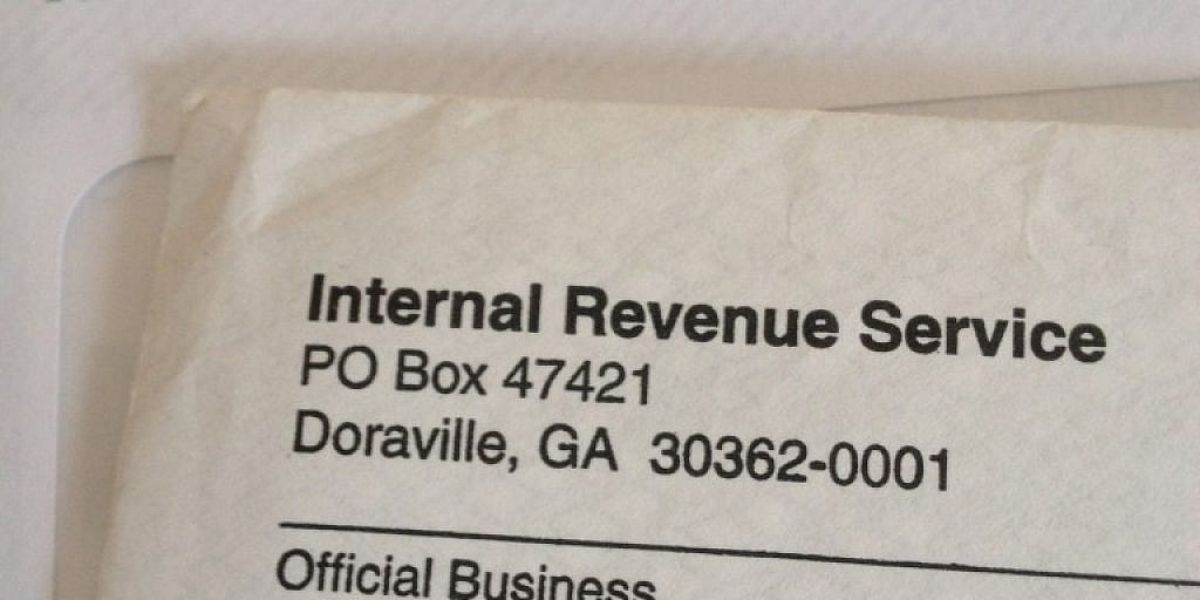Elon Musk just can’t stay out of the news. It’s not that this peculiar figure of the current American scene loves being at the centre of everything; it’s just that the magnate, besides being CEO of Tesla, is now leading the Department of Government Efficiency (DOGE), and he’s launched a proposal as ambitious as it is unsettling: to completely restructure the United States Internal Revenue Service infrastructure… in less than a month!
According to him, it’s a flawless plan. He wants to create a single API to centralize all the country’s tax data, and he’s calling it a “hackathon.” Musk wants to end excessive bureaucracy and digital chaos.
Everything seems to be going smoothly, but… is it viable when we’re talking about cybersecurity? We’d be centralizing millions of sensitive records in one entry point, and hackers are always on the lookout for a crack to slip through and steal data.
A tax system, Musk style.
Don’t Miss Out: IRS Sends Payments for Doing Something You Probably Already Do
As director of the Department of Government Efficiency, and after being heavily criticized for his drastic changes to Social Security… Musk wants to apply the same formula he’s been using: speed, tech, and disruption. He says that with a top team of engineers and 30 days of intense work, he can build an interface that connects all IRS records under a single system. One API to rule them all.
What’s an API?
An application programming interface, basically a system that lets different software programs share tons of data, meaning you could migrate all the old system info into a unified platform for the whole country.
It’s an ambitious idea, and if it works, it could modernize one of the most outdated structures in the federal government. But not everyone’s convinced, inside or outside the IRS.
A hacker’s dream
This project is a hacker’s dream. That’s been one of the most repeated criticisms since the proposal came to light. An API like this would be the biggest cyberattack target in the country. A single door, and behind it lies the sensitive data of every single taxpayer and business in the U.S. Scary, right?
If something went wrong (and let’s be honest, these systems always fail at some point), the impact would be massive and immediate: huge data leaks, widespread fraud, frozen payments and pensions… We’d be turning the country into a real-life episode of American Horror Story.
And who’s in charge of this?
Another issue: no one really knows what authority Musk would have over the system. What laws would it be built under? Who supervises the code? Where’s the transparency?
And to top it off, there’s concern about who’s getting involved. Peter Thiel, for example (Musk’s friend and business partner) might be part of it. For many, that raises the risk of conflicts of interest and public data being misused by private hands.
Why now?
Musk’s obsession with modernization borders on compulsive. He started with cars, then space, then AI, and now he wants to turn the IRS upside down. No one’s denying the system needs a major overhaul, but not just any solution will do. And definitely not a rushed one that could bring a major risk along with it.
What would happen if this gets approved?
In short: the entire U.S. tax system would depend on a platform designed outside public control. That includes banking info, Social Security numbers, income, employers, job history… everything.
If a leak happened, it wouldn’t just be about lost privacy. The entire credibility of the system would be on the line. And in a country already full of distrust toward the government, tech giants, and the combo of both, that could be catastrophic.
Is it efficiency or recklessness? The future or a huge mistake? Elon Musk wants to tear down decades of a broken system. But is it worth risking the data of every resident in the country? Or would it make more sense to work slowly but surely on a new system that can bring the IRS into the modern world?
Any new check here! Related to the IRS?




